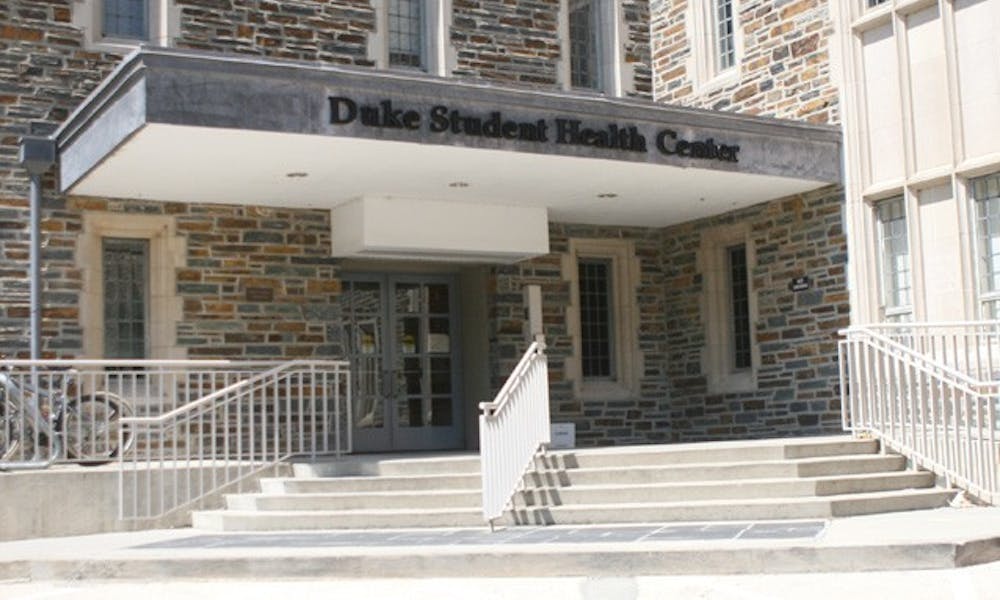Several months after announcing it will no longer cover the cost of sexually transmitted infection testing for students, Student Health has reached a consensus on test prices.
Students can expect to start paying approximately $10 to $30 dollars out of pocket for each STI test, regardless of their insurance plans, said Executive Director of Student Health Dr. Bill Purdy. Student Health will also charge an unspecified amount for blood chemistry and $17 for pap smears, he said. Student Health was able to keep costs fairly low due to the high volume of tests anticipated and the fact that no insurance has to be filed, Purdy noted.
Negotiations between Student Health and LabCorp, an organization that provides medical laboratory tests and services, have been taking place for several months. LabCorp will replace the Duke University Medical Center lab that previously interpreted test results at a deep discount but changed its contract in June, citing the financial crisis as its reason for raising fees.
“The arrangement that we had with the hospital related to various lab tests was reevaluated, and we are no longer in the position to cover [STI] tests,” said Dean of Students Sue Wasiolek. She stressed, however, that Student Health still covers a number of tests for students.
Student Health performs about 3,500 STI tests per year, Wasiolek wrote in an e-mail. She noted that the results are “less than one percent positive.”
The cost of an STI test can be charged to a student’s bursar account like any other Student Health charge. For students concerned with confidentiality, Purdy emphasized that the bill will not indicate that any test was administered, only noting that the charge was from Student Health.
“Some kids really want this to be strictly confidential [and] now there’s a way that can be done,” he said.
Purdy added that he does not think the new cost of testing will influence a student’s decision to get tested, noting that STI testing is not something most students get done frequently.
Others, like senior Jessica Macfarlane, co-director of the Know Your Status campaign, disagree. Macfarlane predicts that the new STI testing policy will keep some students from getting tested, describing the new testing policy as “an unfortunate change.” She said she hopes that Student Health will continue to refer students who come in for HIV testing to Know Your Status, which offers free weekly HIV testing in the Bryan Center.
As for other STI tests, students who are willing to venture off campus have the option of visiting the Durham County Health Department, which has agreed to continue providing free STI testing.
Despite student concerns, Wasiolek said she is confident that the pricing changes are not severe enough to negatively influence students’ willingness to get tested.
“[T]here is a feeling that the costs of these tests will not impose a financial burden on students such that they’ll choose not to get the tests,” she said. “Our hope is that students will see how important those tests are and get what they need.”
Get The Chronicle straight to your inbox
Signup for our weekly newsletter. Cancel at any time.

